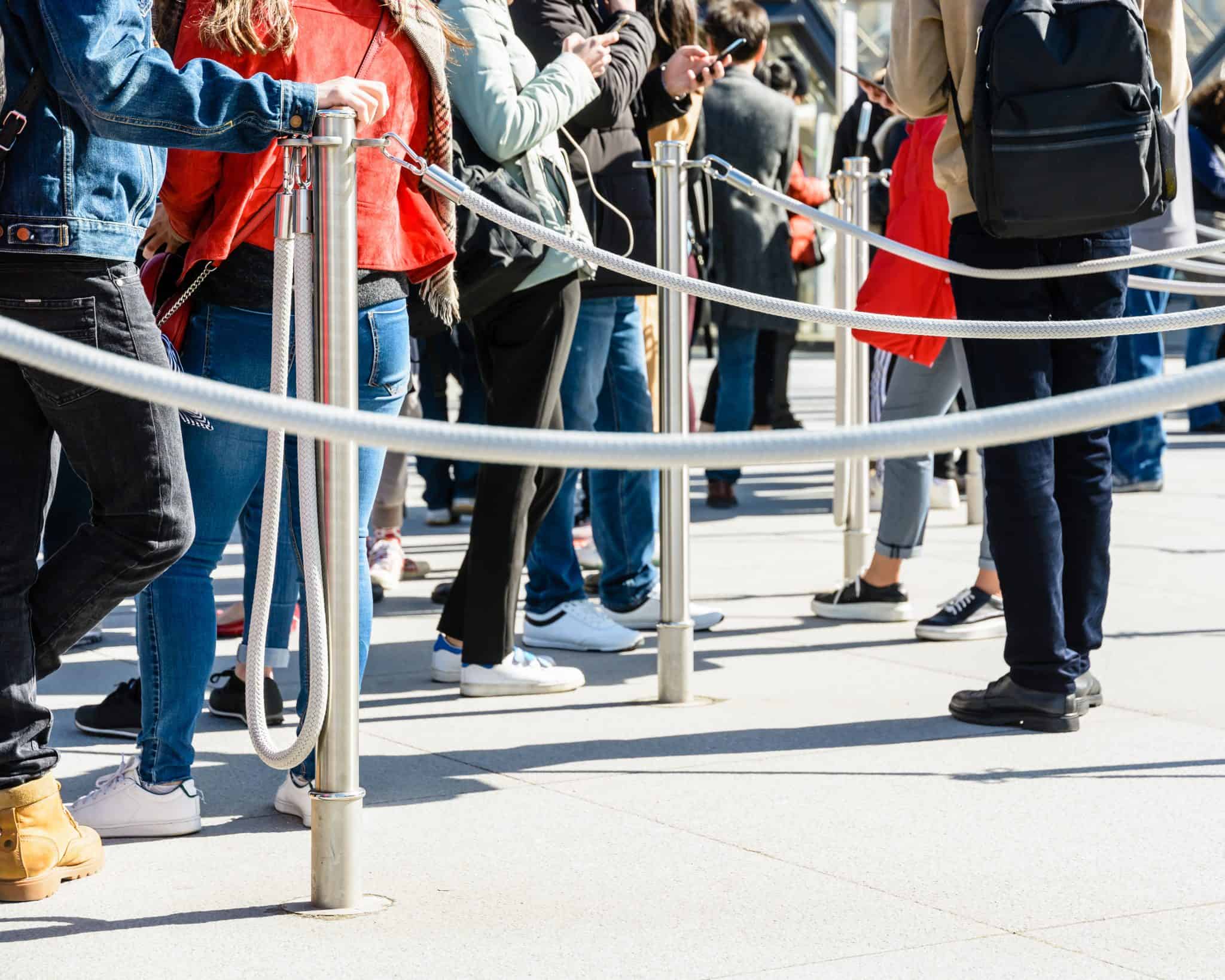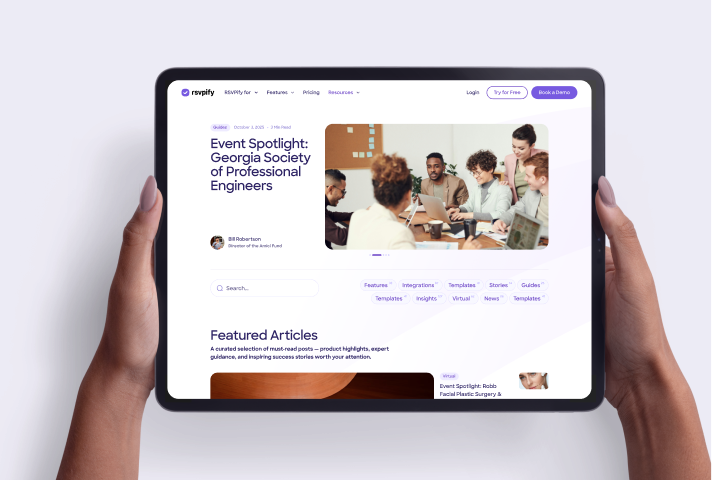Back to all posts
August 27, 2018


The success to any event starts and stops with the event check in process. From communicating with vendors, to adjusting event schedules, to planning for needs on the big day, knowing who has arrived and who hasn't is the cornerstone for any event planner to pull off their event successfully. Whether you plan to use an event check in app, or do it the old-fashioned way with pen and paper, there are some important considerations for an event planner to remember as they plan for and design their event check in system. We've decided to focus on three key reasons that a seamless check in system is critical for anyone planning their next event:
While you can use the most cutting edge event check in app to help avoid surprises, there will always be some changes to any event guest list on the day of an event. Family issues, travel problems, and schedule conflicts will often prevent a guest from attending even if planned. A few absentees may not be an issue. However, an event planner faced with a sudden absence of dozens of guests might be facing major issues with everything from audiences for event sessions, to ordering the appropriate amounts of food or conference materials. There are a few questions to ask yourself to ensure your check in system is effective for making sure you have an accurate head count:
It's safe to say that almost no one enjoys standing in line. This is especially true at the beginning of a long or complicated event. You don't want to annoy guests and attendees with a slow or tedious event check in process before the event even begins. For events that will involve multiple steps, including handing out key conference materials, signing up attendees for different secondary events, or collecting payments and selling tickets, it's easy for the check in process to quickly build up. When this happens, the lines get longer. Here are a few key considerations to help avoid a frustrating event check in system for your guests:
A first impression is very hard to overcome, especially if it is a negative one. This is even more true if you expect potential clients or press coverage at your event. The last thing an event planner wants is for important guests to be soured on their event experience before they even walk in the door. Remember that a bad experience can reflect on an entire brand or business also. This is true even if the event isn't closely tied to your product or service itself.
Aside from the first two points above, which contribute directly to someone's first impression, here are a few more questions for an event planner to consider in order to make sure people love your event from the moment they arrive:
About the Author
Get the latest product updates, event planning tips, and industry insights — straight to your inbox.
You can unsubscribe at any time. Your email will only be used to send RSVPify updates and will never be shared.
